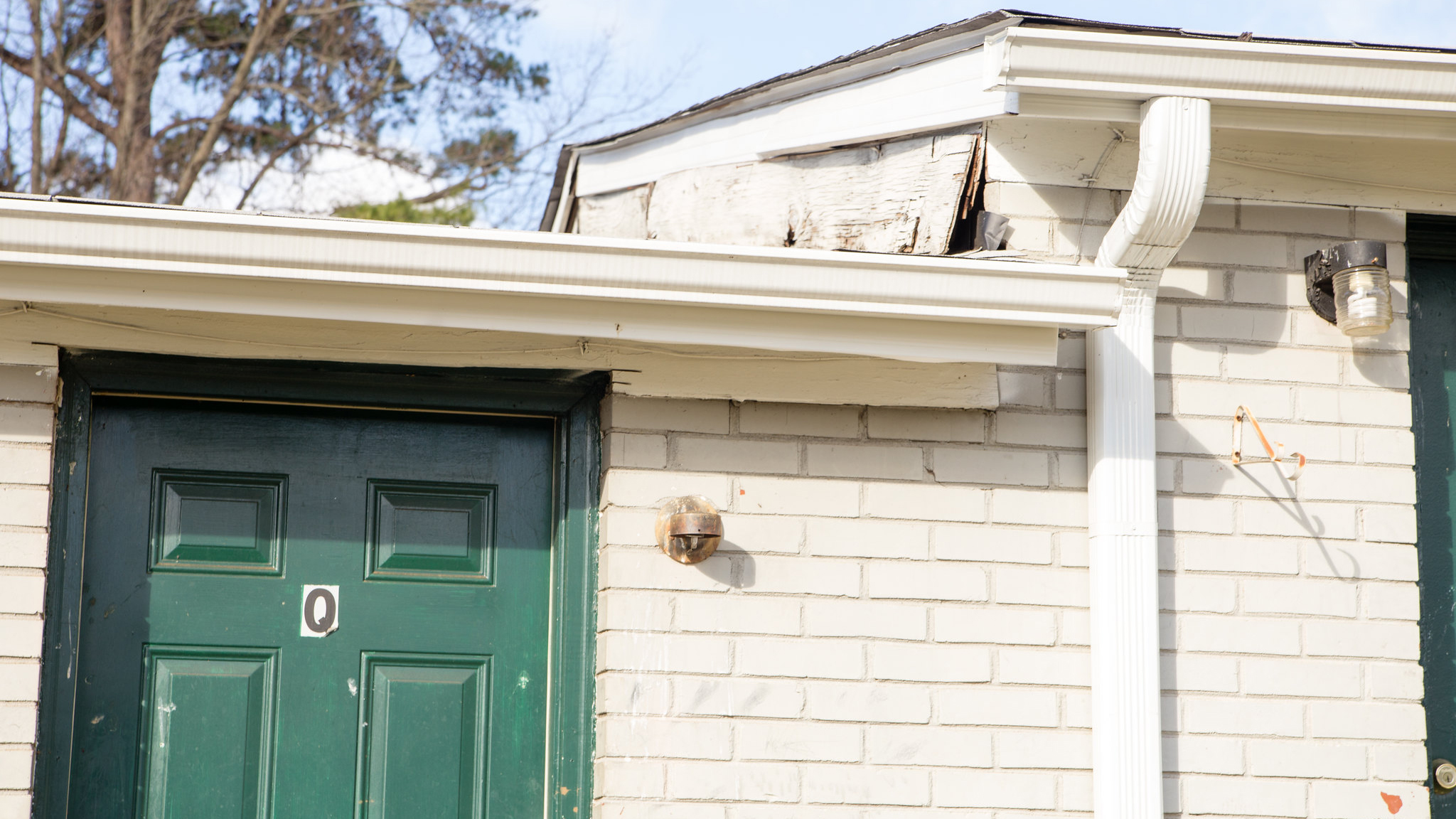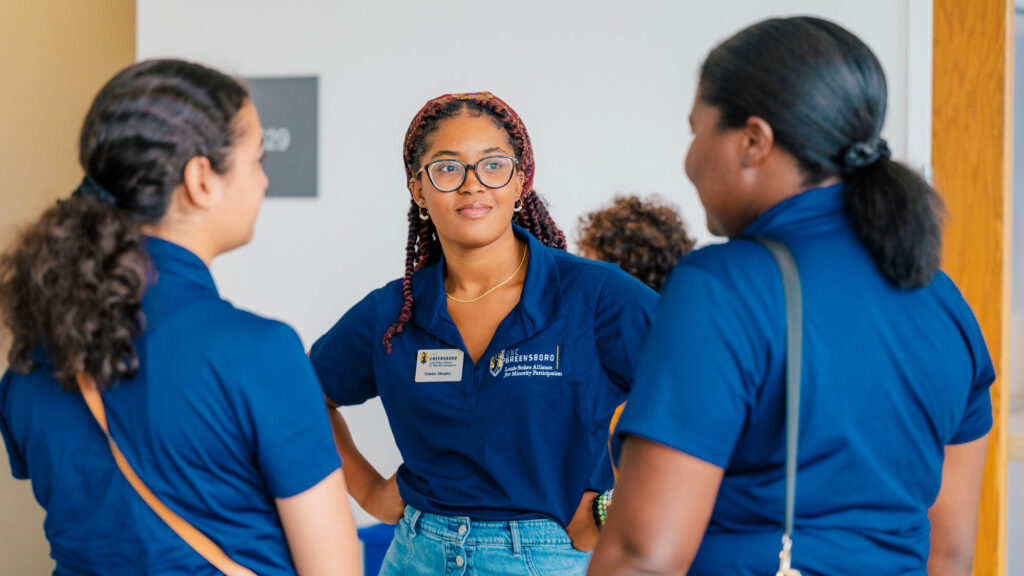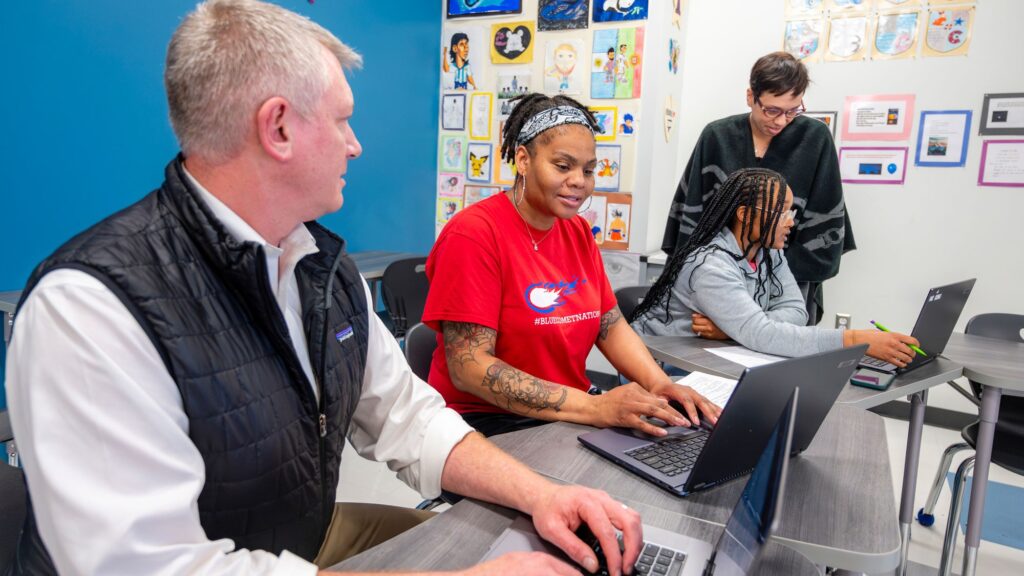UNC Greensboro has received a $228,000 grant from the Robert Wood Johnson Foundation to study housing code enforcement systems and how they impact housing conditions and thus health and racial equity. The study will engage Greensboro residents as participants and paid research collaborators, providing a model of community-engaged scholarship for UNCG students.
“We know that poor housing conditions negatively affect the health of residents,” said Bruce Rich, director of the UNCG Center for Housing and Community Studies (CHCS). “Our study will explore the next question: whether weak housing code enforcement negatively affects the health of residents and, if so, whether this effect varies by race and ethnicity.” The Greensboro Housing Coalition is a partner on the study.
The research team will focus on census tracts with larger percentages of renters, many of which also have large percentages of low-income and minority residents.
“We know that poor housing conditions are related to health conditions such as asthma, cardiovascular disease, tuberculosis, and psychological distress,” said Dr. Erica Payton Foh, associate professor of public health education and a CHCS research fellow. “Neighborhoods with higher percentages of substandard housing are also more likely to have larger Black populations.”
The researchers will invite Greensboro residents to participate on the team as paid researchers or informal advisors, guiding study design and methods. “Residents of the communities we’ll be working in will be our partners at every step in the research process, to ensure their voices are heard in the research setting and in the policy development process as well,” says Rich, who is a community and economic development researcher and a lawyer by background.
“Through these methods, our fellow Greensboro residents will contribute valuable information,” says Payton Foh. “We will also develop actionable findings and share them with the participating communities.”
She also emphasizes the value of the project for student learning, saying, “For our students, the opportunity to witness how community-engaged research can impact lives is vital for their development as both scholars and citizens.”
Recruitment of co-researchers and study participants is anticipated to begin in July with the final report launching in the fall of 2025.
The project is part of a national cohort of six new studies funded by RWJF’s Policies for Action (P4A) program, administered by the National Coordinating Center at Urban Institute.



